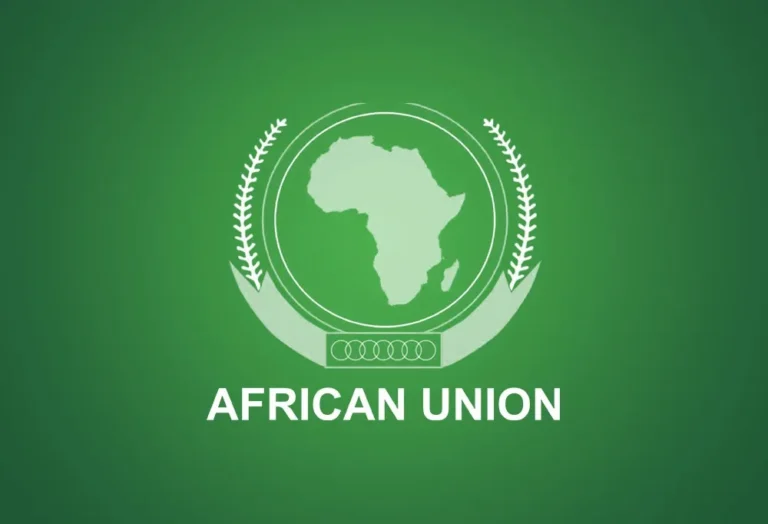The AfDB and the AU have noted significant progress for some African countries in terms of intra-African mobility, while stressing that political and economic obstacles continue to hamper the continent’s integration.
The latest Africa Visa Openness Index (AVOI) 2024, jointly published by the African Development Bank (AfDB) and the African Union (AU), highlights contrasting progress in facilitating intra-African travel.
The report highlights that while some states are strengthening their openness policies, others are tightening access conditions, thus hampering the objective of harmonious continental integration.
On a positive note, four countries – Benin, Seychelles, Gambia and Rwanda – stand out with a perfect score (1.0), guaranteeing visa-free access to all Africans. Sierra Leone, for its part, makes remarkable progress with a 62 per cent increase in its score, following the removal of visas for 15 countries, including Ghana and Nigeria.
The rise of electronic visas is also notable, with 26 countries now offering this option, with Angola reducing its processing times to less than three days. However, the report received by APA also denounces several challenges. The continental average score has declined from 0.485 in 2023 to 0.479 in 2024, while eight countries restrict access.
Policy adjustments, such as the replacement of visas on arrival with e-visas in Burkina Faso and Togo, sometimes complicate formalities. Ongoing tensions in conflict zones – notably in the Sahel and Sudan – disrupt free movement, while the withdrawal of Burkina Faso, Mali and Niger from ECOWAS threatens the West African free trade area, even though these countries have assured that they will open their borders to West African nationals.
In addition, the cost of some e-visas, which can reach €153, represents a barrier for small entrepreneurs and occasional travellers.
ECOWAS, a model of regional integration
At the regional level, ECOWAS stands out with a 99 per cent reciprocity
rate for visa-free travel, thus constituting a model of integration. SADC and the East African Community (EAC) are also making progress, with Angola extending visa-free access to 19 countries and Tanzania relaxing its rules for Ethiopia.
The report stresses the strategic importance of the African Continental Free Trade Area (AfCFTA) and deplores the fact that the Protocol on the Free Movement of Persons has only been ratified by 4 out of 55 countries.
Similarly, the Single African Air Transport Market (SAATM) could significantly strengthen connectivity, provided that the 37 signatory countries respect their commitments.
Recommendations include extending free or low-cost visas for AfCFTA-related business travel, harmonizing regional policies and accelerating the ratification of free movement protocols, as well as improving e-visa application platforms to make them more accessible and secure.
“Africa will not achieve its aspirations without regimes that facilitate mobility. Visas remain a barrier to trade, but solutions like e-visas show the way,” said Dr. Joy Kategekwa, Director of Regional Integration at the AfDB.
The report concludes by calling for a “political leap” to achieve the goal of the AU’s Agenda 2063: building a borderless continent for its citizens.
AC/Sf/fss/gik/APA


